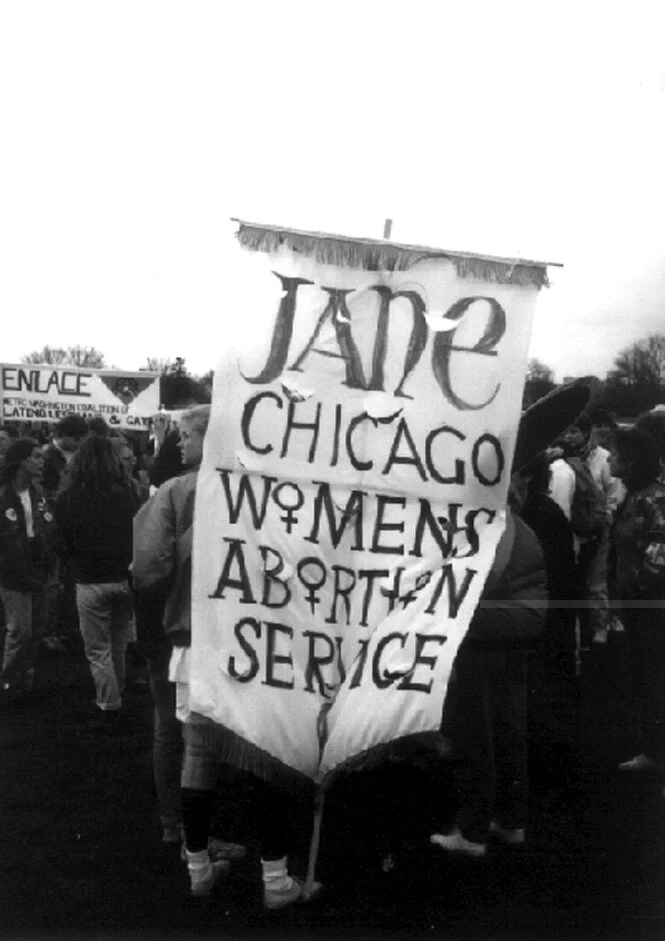Mutual aid
In the past year, the concept of mutual aid has entered wider circulation. Individuals have responded to the numerous state failures that have left people scrambling for resources. From the sluggish response to the COVID-19 pandemic that cost many their health, homes, and source of income, to the failure of Texas’s poorly maintained infrastructure during the winter storm in February, sharing community resources has been a life-saving priority, especially for LGBTQ+ people. But the philosophy and practice of mutual aid has been around for a while. Dean Spade, a trans activist and scholar defines mutual aid as, “work that directly addresses the conditions the movement seeks to address, such as providing housing, food, health care, or transportation in a way that draws attention to the politics creating need and vulnerability.” In other words, mutual aid is solidarity not charity.
Mutual Aid in the u.s.
Mutual aid groups have been around through every corner of U.S. history in the form of unions, activist groups, and organized networks. Spade notes that some of the most famous examples of mutual aid in the US are from the l960s and 1970s. The Black Panthers’ free breakfast program fed tens of thousands of Black children and ultimately helped contribute to the establishment of federal free lunch programs. In 1970, the Young Lords took over the sixth floor of Lincoln Hospital and fought to provide medical care and testing to neglected communities in the predominantly Black and Latinx South Bronx. And before Roe v. Wade legalized abortions, a group of women in Chicago helped 11,000 women access abortions.
Black Panthers’ free breakfast program (Bettman archives/Getty Images)
Members of the Young Lords seized a chest X-ray unit in East Harlem in 1970. (New York Times/ Getty Images)
Jane Chicago Women’s abortion service helped provide women with with abortions from 1969 until Roe v. Wade made them legal in 1973 (Women Make Movies)
Rent party
Rent parties were a common mutual aid practice in New York during the Harlem Renaissance and the decades that followed. Proceeds from entrance fees and refreshments at the parties went toward helping offset some of the discriminatory rental rates that Black tenants faced. The parties were advertised with rent party cards that often had little rhymes on them. Langston Hughes found these delightful and had an extensive collection.
Langston Hughes Papers. James Weldon Johnson Collection in the Yale Collection of American Literature, Beinecke Rare Book and Manuscript Library.
FundraisinG today
The legacy of rent parties continues today! The Black, trans-led collective For the Gworls raises funds for Black transgender people to pay rent, access healthcare and get gender affirming surgeries through monthly parties. However, more frequently, mutual aid fundraisers today take the form of Venmo exchanges, Facebook posts or GoFundMe pages. Click the rent party cards below to check out each of these active fundraisers for members of the Texas queer community!
Mutual Aid today
Given its largely grassroots and nonhierarchical ethos, contemporary examples of mutual aid takes on a number of forms. Volunteer driven mutual aid efforts provided unhoused members of the Austin community with shelter, food, and resources during the worst of February’s winter storm. The Austin chapter of the Sex Workers Outreach Project raised and distributed over $27,000 in direct financial assistance in 2020. Monkeywrench Books in April 2020 began a mutual aid center from its North Loop space that provided food, groceries, baby supplies, and more. And there are tons of other efforts large and small that perform some sort of mutual aid. The Austin Free Fridge Project has three community fridges that are stocked by community members and offer free perishable food to those who need. Several Little Free Pantries stocked with nonperishables and other essentials have popped up around town. And miniature community libraries, including the newly fashioned one at The Little Gay Shop have become a regular sight in neighborhoods around the world.
Want to know more?
Check out this Mutual Aid explainer from Dean Spade and Ciro Carillo
















